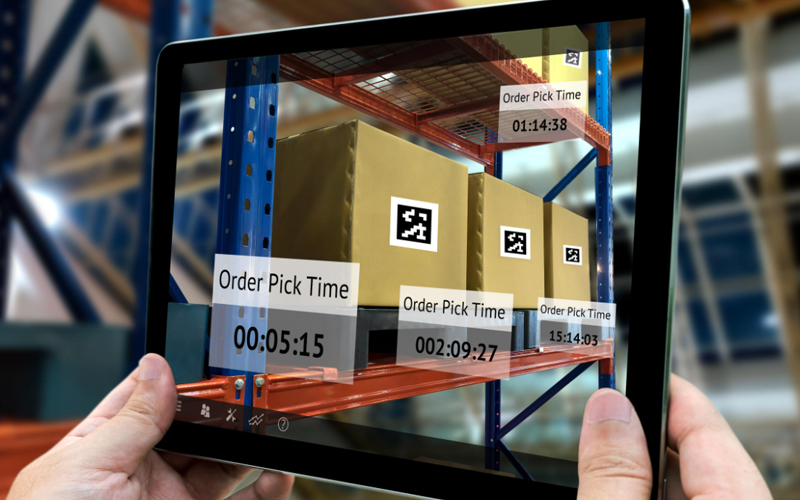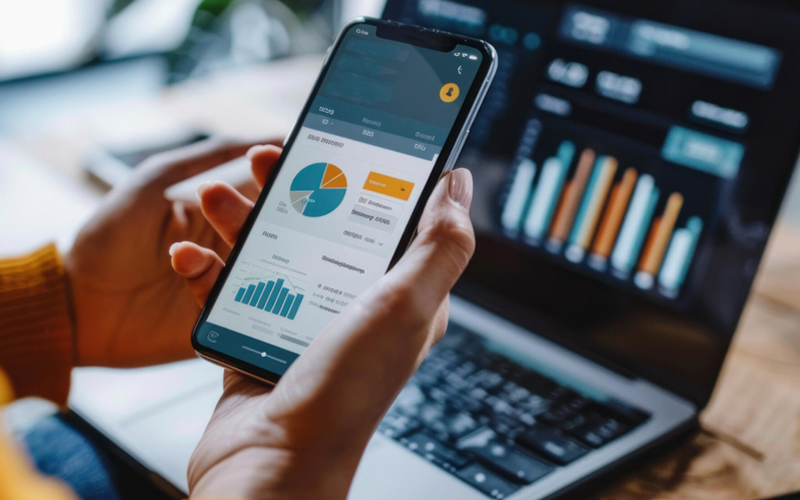Procurement stands at the heart of most businesses. Appropriate management of this function dictates cost efficiency, supplier relationships, and operational success. The procurement landscape is shifting rapidly as technological advancements transform the industry. Among these, Machine Learning (ML) in procurement is a powerful force reshaping how organisations manage purchasing and supply chains.
The global market for AI-driven procurement solutions is growing fast, with experts estimating growth at a CAGR of 28.1% from $3.1 billion in 2025 to around $22.6 billion by 2033. 64% of the global procurement teams are already benefitting from AI tools, boosting their decision-making and operational capabilities.
With such momentum, integrating machine learning in supply chain management has become essential for companies aiming to stay competitive and agile.
The evolving role of machine learning in procurement
As procurement processes grow more data-intensive and interconnected, machine learning is becoming indispensable. Several key drivers push this adoption: exploding data volumes, the need for real-time decisions, tighter budgets, and a growing focus on strategic value.
Here are the core ways AI and ML in the supply chain are actively transforming procurement:
Driving smarter spend analysis and cost control
Procurement teams are leveraging ML algorithms to identify hidden spending patterns, reduce maverick spend, and predict savings opportunities. By analysing historic and real-time data, machine learning in procurement enables finance leaders to make sharper, evidence-backed cost-cutting decisions.
Enhancing demand forecasting and inventory planning
Machine learning in supply chain management is enabling predictive analytics that help organisations anticipate demand more accurately. These insights help optimise inventory levels, reduce waste, and improve delivery performance, all while cutting unnecessary procurement costs.
Automating supplier discovery and matching
Selecting the right suppliers used to rely heavily on human judgement. ML tools now scan supplier databases, past performance data, and capability profiles to recommend the best fit automatically. This accelerates sourcing cycles and improves outcomes.
Streamlining procurement workflows and documentation
Machine learning in procurement supports intelligent automation of key procurement workflows, like generating contracts, validating invoices, and approving purchase orders. These efficiencies help teams focus on strategy rather than administrative tasks.
Strengthening risk detection and fraud prevention
ML models excel at identifying anomalies in financial and transactional data. In procurement, this helps flag potentially fraudulent activities, assess supplier risk, and ensure stronger business continuity.
Tracking performance and ensuring compliance
AI and ML in the supply chain make real-time monitoring of supplier performance, contract terms, and regulatory compliance possible. This helps maintain high standards and avoids costly penalties.
Empowering strategic sourcing through big data
The ability to process vast datasets in real time empowers strategic sourcing. ML tools uncover trends and external risks, enabling procurement to pivot faster and remain aligned with business goals.
Infosys BPM offers end-to-end sourcing and procurement solutions, helping enterprises harness the power of machine learning in procurement. From smarter spend analysis and predictive procurement to automated risk management and enhanced supplier negotiations, Infosys BPM enables procurement teams to become more agile, efficient, and future-ready.
AI and ML in supply chain: Benefits, challenges, and considerations
As AI and ML in the supply chain evolve, they bring a mix of opportunities and obstacles that businesses must navigate strategically.
Machine learning in procurement offers a range of powerful advantages that streamline operations and sharpen decision-making.
- Data-driven insights for smarter decision-making
- Improved supplier engagement and risk control
- Automated, efficient procurement operations
- Greater cost-effectiveness across the supply chain
However, adopting AI and machine learning in supply chain management is not without hurdles. Organisations must address several key concerns to realise long-term success.
- Data integrity and integration challenges
- Organisational resistance and skills gap
- Security, privacy, and ethical concerns
- Dependence on human oversight and gradual adoption
- Cost and operational risk implications
Despite these hurdles, the outlook remains strong. Future trends shaping machine learning in procurement that can take automation, intelligence, and agility to new heights include:
- AI-driven chatbots and personalised vendor engagement
- Predictive analytics and maintenance
- Blockchain-enabled procurement
- Generative AI for contracts and knowledge management
- Autonomous workflows and control towers
- Explainable AI and neuro-symbolic models
- Digital twins for supply chain modelling
These innovations signal a move toward more intelligent, connected, and resilient procurement systems.
Getting started with machine learning in procurement and supply chain management
Adopting machine learning in procurement requires a planned, phased approach. Here’s how you can lay the groundwork:
- Begin by assessing your current procurement and supply chain maturity to identify opportunities for machine learning adoption.
- Select use cases that align with your strategic goals and offer a measurable impact.
- Choose tools and platforms that integrate seamlessly with existing systems and meet your organisation’s needs.
- Involve key stakeholders early to ensure alignment, adoption, and cross-functional collaboration.
- Implement machine learning initiatives in manageable phases to minimise disruption and track progress effectively.
Starting small, with a focused objective, allows procurement teams to demonstrate value early and scale with confidence when integrating AI and ML in supply chain operations.
Conclusion
Procurement has grown far beyond purchasing, evolving into a strategic enabler of growth. By integrating machine learning in procurement and embracing AI and ML in supply chain operations, organisations can unlock efficiencies, enhance decision-making, and strengthen supplier relationships. As procurement leaders look to the future, those who act early on machine learning will set the pace, transforming operations, relationships, and results.








